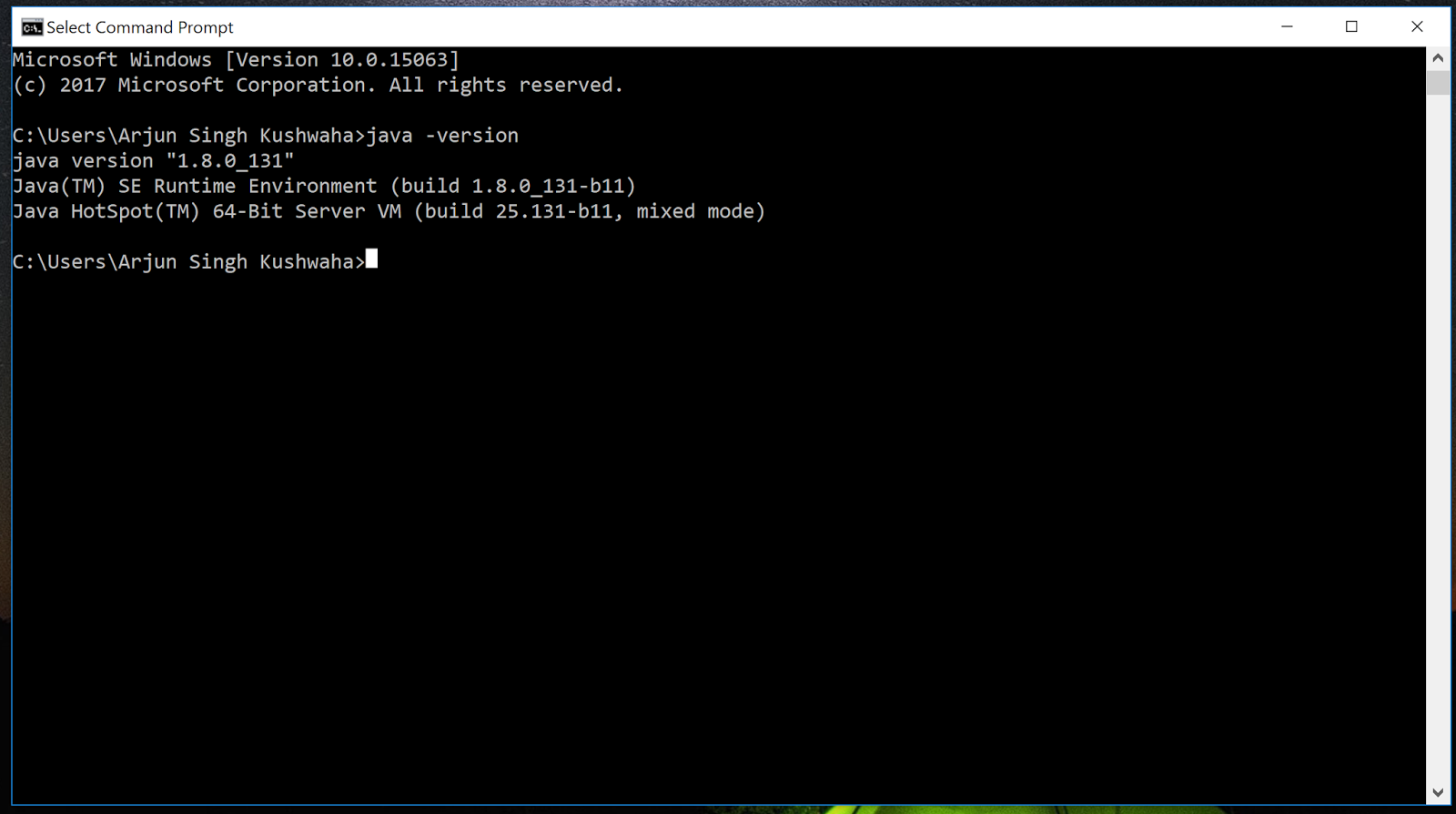
It's important to note that even in 2022, many applications continue to run on Java 8 and Java 11. Java 17 offers some cool new features that may be worth leveraging for your application.That means it's the latest version of Java that will still release updates when newer versions are released later on. Why not take advantage of latest features? Upgrading shouldn't be difficult when using Docker.

While most applications today are using Java 8 or 11, here are some reasons to consider upgrading to Java 17. The last line of code will make Java 15 the default.Update (June 23, 2022): Java 17 is the latest version of Java available offering long term support (LTS). Sudo apt install oracle-java15-set-default Sudo add-apt-repository ppa:linuxuprising/java Run the following commands to install Oracle Java 15 on Ubuntu 19.10, Ubuntu 19.04, Ubuntu 18.10, Ubuntu 18.04 and other Ubuntu Derivatives:

JEP 385 Deprecates the RMI Activation mechanism for future removal.JEP 385 Deprecate RMI Activation for Removal.JEP 374 disables biased locking by default and deprecate all related command-line options.JEP 374 Disable and deprecate biased locking.

JEP 383 Foreign-Memory Access API – second incubator.JEP 375 Pattern Matching for instanceof – second preview.JEP 339 Edwards-Curve Digital Signature Algorithm.The 16 JEPs delivered with Java 15 are identifiable across four different categories:


 0 kommentar(er)
0 kommentar(er)
